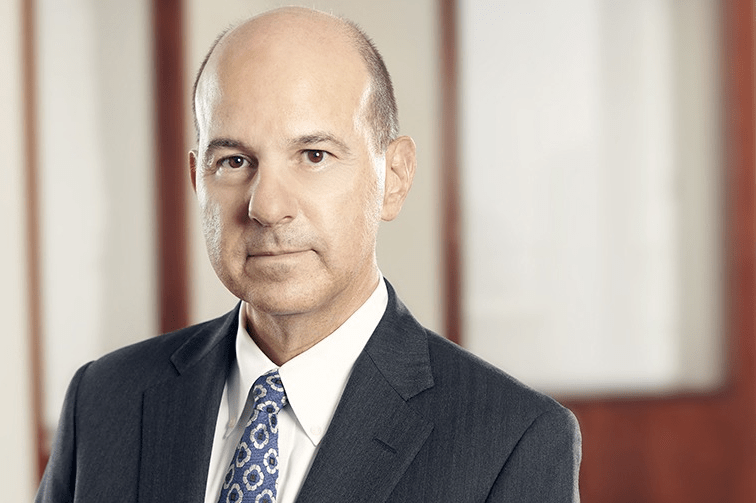News that Amazon plans a service that would let big customers more easily manage IT services running offsite in Amazon’s cloud caused a furor in some quarters this week. It probably shouldn’t have, but more on that later.
On Tuesday, trade publication CRN reported that Amazon (AMZN) is working on a tool that would let its large cloud customers more easily manage their often confusing Amazon resources. The problem is that Amazon Web Services, Amazon’s cloud business, already has partners called managed service providers (MSPs) whose job it is to—stop me if you’ve heard this before—manage their customers’ often confusing Amazon resources.
By resources, I mean things like databases, data warehouses, workflow, even email and virtual desktops. Since it debuted its basic Simple Storage Service (S3) 10 years ago and then added basic computing power, AWS has added a flurry of new software that rivals products from Oracle (ORCL), Microsoft (MSFT), and SAP (SAP), even though those competing products also run on Amazon’s basic infrastructure.
But getting back to the MSPs: If you are one of those partners, you may indeed worry about Amazon’s plans. Not long ago, AWS recruited and certified a flock of these MSPs as a way to help big customers, who are used to corporate-style hand-holding and support, get more comfortable using AWS. Some of these companies are familiar names like Accenture (ACN), Rackspace (RAX), InfoSys, and Wipro. And now Amazon apparently will offer a service that will at least partly compete with what those carefully cultivated partners do.
Amazon declined to comment for this story, but told CRN it always builds products with its partners in mind.
Get Data Sheet, Fortune’s daily newsletter on the business of technology.
Jeff Aden is cofounder and executive vice president for 2nd Watch, an Amazon MSP. While he had no comment about Amazon’s reported plans, he said managed services will remain crucial for big AWS customers in the future because fundamentally, AWS products still target programmers and developers, not corporate managers.
“Most Amazon products and services are for highly technical do-it-yourselfers. MSP partners are required to customize applications, to handle procurement processes—all those things that companies need but are not programmable.”
AWS Customers Fear Cloud Lock-in
That may be true, for now. But AWS is nothing if not nimble and opportunistic, and AWS partners of all kinds should already know this. If AWS sees a way to sell more stuff, it will move into new areas fast, always citing customer demand.
That’s led to some dark humor at the company’s big AWS Reinvent customer conference. Every year, third-party partners in the audience wait with bated breath to hear what new Amazon products are coming. Many find out during the keynotes whether they’ve suddenly become dead men walking because AWS just announced a direct competitor.
Rachel Chalmers, principal at venture capital firm Ignition Partners, described it this way at the Structure conference last year:
“VCs now have a melancholy ritual every year at Re:invent after Jeff Barr’s or Werner’s keynotes: We walk the floor to see which startups are crying.”
Werner Vogels is Amazon’s chief technology officer, Jeff Barr is a well-known AWS evangelist, but Chalmers probably meant to refer to Amazon’s Andy Jassy, former senior vice president and now co-chief executive officer. Jassy and Werner give the keynote speeches, not Barr.
To be fair, AWS did not invent this practice of eating its own ecosystem. IBM (IBM), Oracle (ORCL), and Microsoft have all done very much the same thing. Microsoft (MSFT) of 20 years ago, in particular, raised this to an art-form because it was so partner focused. It would recruit and coddle third-party software vendors and other partners to build applications for Windows and higher-level functions for Office and, within a year or two, add competitive functions on its own.
Watch: How Amazon Took Over Cloud
And, Microsoft, like Amazon, when asked about this, always told reporters that it kept partners informed of its plans so they could move to higher ground.
Same deal here. What’s old is new again.
This story was updated at 4:21 p.m. to reflect that Andy Jassy, not Jeff Barr, keynote at AWS Re:invent.












